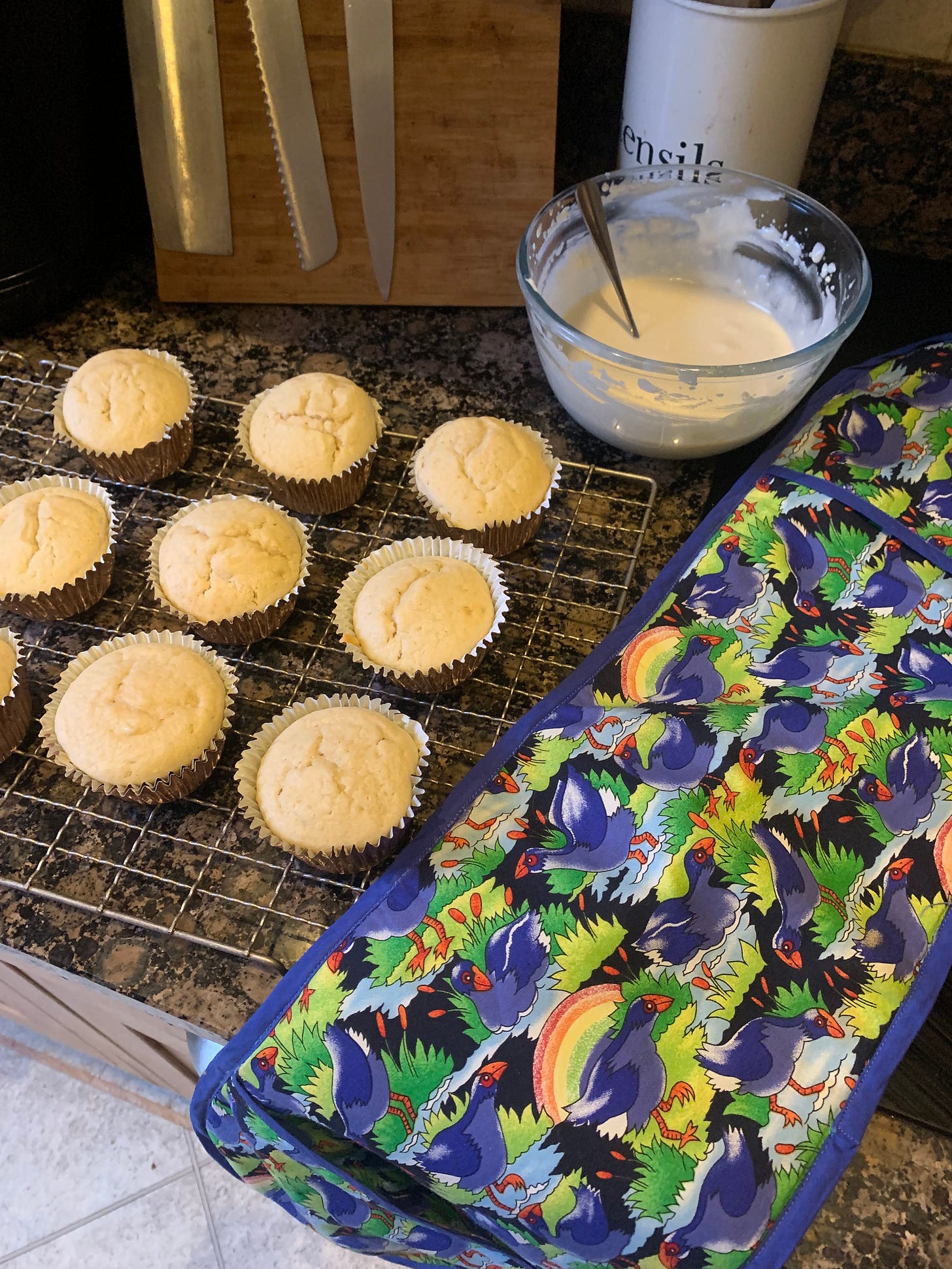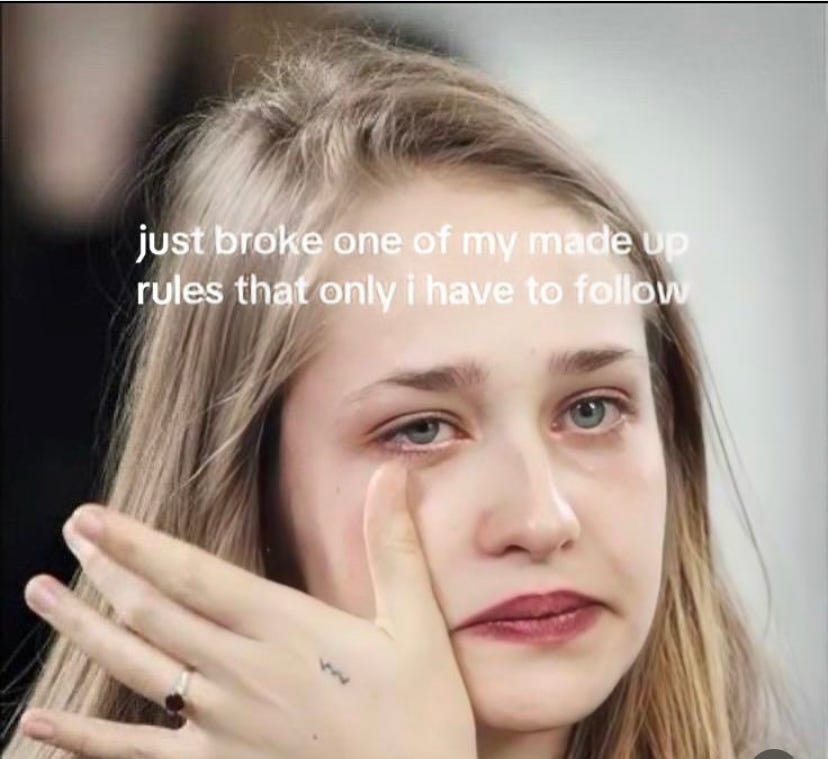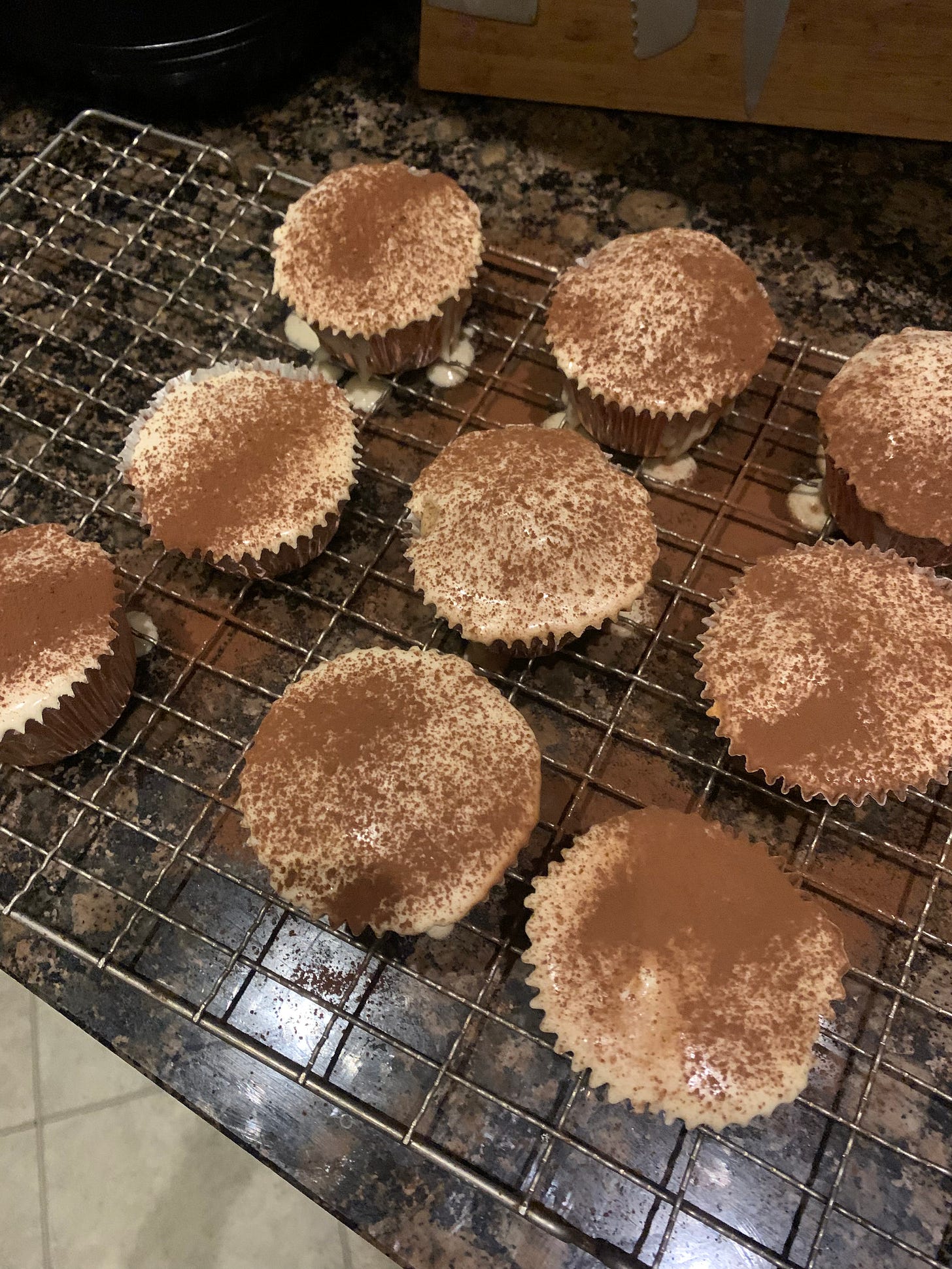Being alone sucks if you hate yourself
I had houseguests and it opened a whole can of thought-worms
Last week, I had houseguests. My mum says that guests are like fish, they go off after three days, and Katherine Heiny writes well and amusingly on the unique torture of people invading your space and shaking up your daily routine in her novels Standard Deviation and Early Morning Riser. I find having people to stay difficult because I’m not good with change and I work from home, so I have no office to escape to for a social break and no strict schedule to follow.
Having visitors also forces me examine my own daily behaviours in a way that is not conducive to mental wellness. I wonder if I spend too much time in my pyjamas, too much time reading instead of working, too much time debating how early is too early for an alcoholic beverage (the answer to all of these questions is obviously YES, which is why I don’t want to think about it). I’m quite used to pottering around my flat by myself, and the addition of houseguests throws a wrench in my plans and makes me self-critical and grumpy.
I’m being a bitch, right?
OBVIOUSLY I also like having people to stay. I love hosting, I love cooking and I love any excuse to show off Glasgow (a supremely underrated city in my opinion!). I like spending sustained quality time with visitors and I like going out for dinner and drinks more often than usual. The good points outweigh the bad, which is why I keep having people to stay. But I contain multitudes and I’m perfectly capably of bitching about something I planned and literally wanted to happen.
So, I had a lovely and busy time with my guests and then yesterday they left and my flat became my own again. I had a long shower and hung up the washing in my underwear, singing my little heart out as I did so. I lounged on the sofa all afternoon reading and messing about on my computer. I made cupcakes and didn’t do the dishes and when my partner came home from work, we watched the Netflix Christmas movie about the snowman that turns into a boyfriend (it’s called Hot Frosty and it sucked. I loved it) and then we went to bed at 9pm. I relished in the joy of being unobserved and free to do whatever I wanted, in answering only to myself and enjoying my own company. But five or six years ago, I would have been dreading the departure of my houseguests and my subsequent solitude.

In my late teens and early twenties, I didn’t trust myself to be alone because being alone meant thinking, and boy, did I hate thinking. Thinking was dangerous and destructive and it never led to anything good. I sought constant stimulation (music, TV, scrolling, high-energy socialising) in an attempt to avoid even a second of mental stillness. This was a self-protection strategy, because I knew from experience how harmful my own thoughts could be. You know how wellness people are always talking about manifestations; positive phrases designed to rewire your brain or change your life or whatever the fuck? Well, my brain, when left to its own devices, turned to the opposite of that. Forget manifestations, try defamations: You suck, there’s something wrong with you, everyone remembers that embarrassing thing you did seven years ago, your friends have a private Whatsapp group that’s dedicated to slagging you off.
When I was living in student accommodation, I would lie in bed and think; what can I do to escape myself tonight? What can I do to not be alone? This driving force caused me to say yes to things I didn’t want to do and spend time with people I didn’t like, all to avoid the horror of myself. When I would come home and try to sleep (lying in bed is the worst if you don’t want to think), I would use a cocktail of white noise, Youtube videos and prescription sleeping tablets that ensured a quick and painless transition from waking to sleep, unobstructed by any pesky recollection or self-loathing.
Living in a digital society means that it’s easy, even encouraged, to mainline content almost 24 hours a day. We barely have to think at all; we don’t have to challenge or consume critically or even create anything ourselves, we can just watch. Scrolling asks nothing of us, and that’s seductive. When I moved out of my parents house at eighteen, I spent my time drunk, online or a combination of the two, to try and distract myself from the fact that I was unhappy with who I was. It took me a while to realise that this constant search for distraction and stimulation was part of the reason why I didn’t like myself in the first place. I didn’t have anything going on in my life, I wasn’t doing anything difficult or interesting or creative; I was chasing the quickest high, always, the easiest distraction, and this meant that I wasn’t that much fun to be around. I was uninteresting and bitter. I never felt relaxed, but I also never did anything.
This isn’t a step by step How To Learn How To Like Yourself listicle, because the process is different for everyone, as well as being one of those things you have to figure out yourself. Time passed and somewhere along the way, I started to like myself. I began to not only enjoy my own company, but to prioritise it. Like all types of self-growth, this change happened slowly and then all at once, and now I look back at the girl who couldn’t spend a minute by herself, and I don’t recognise her. I feel sympathy for her, but she isn’t me!
I do think that enjoying my own company has been a happy side effect of caring less about what other people think of me, and both of these things have been intrinsic to helping me start to build the kind of life I want (and deserve). Being comfortable with solitude is essential to my happiness because, due to illness and the nature of my work, I’m alone a lot. I still go out, obviously, but I don’t use socialising as a way to escape anymore. I make plans because I want to spend time with my friends and loved ones, not because I’m afraid of solitude. Happy people are better company, to themselves and others. But you already knew that!





"Forget manifestations, try defamations" I laughed out loud haha. Great piece!